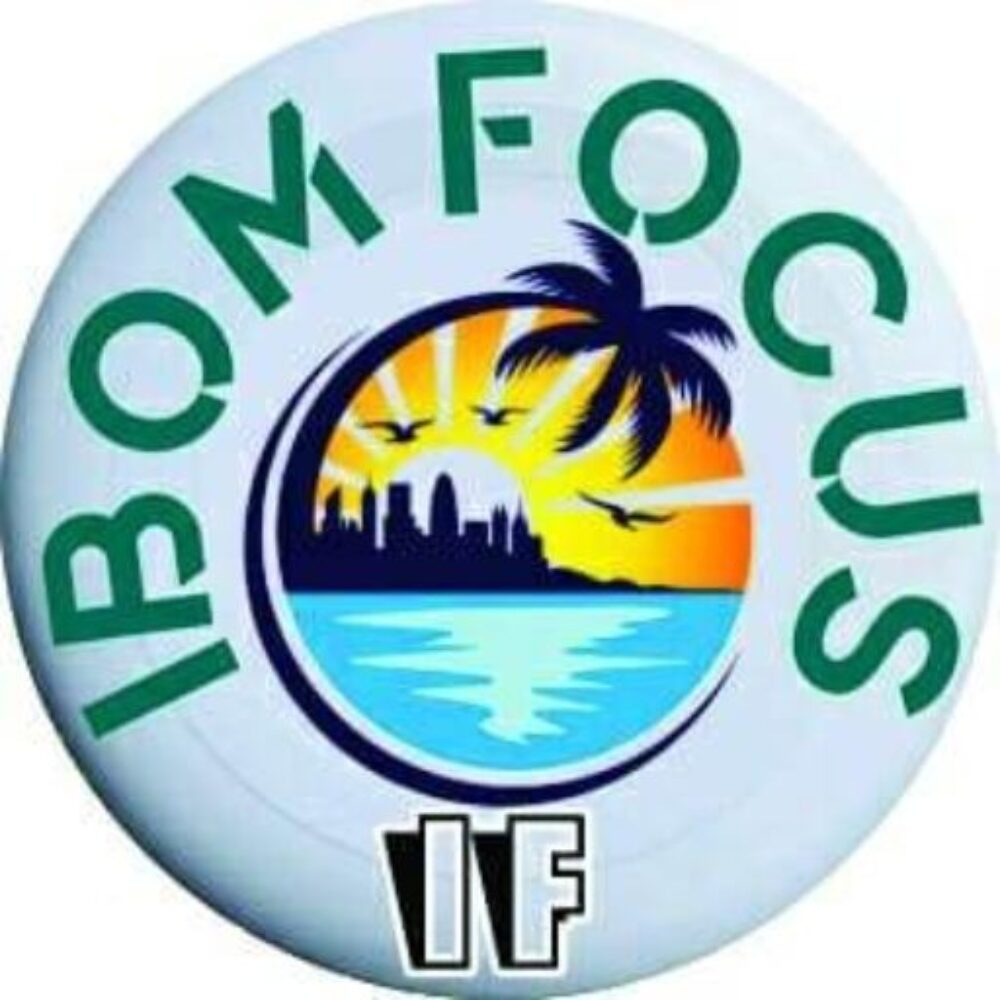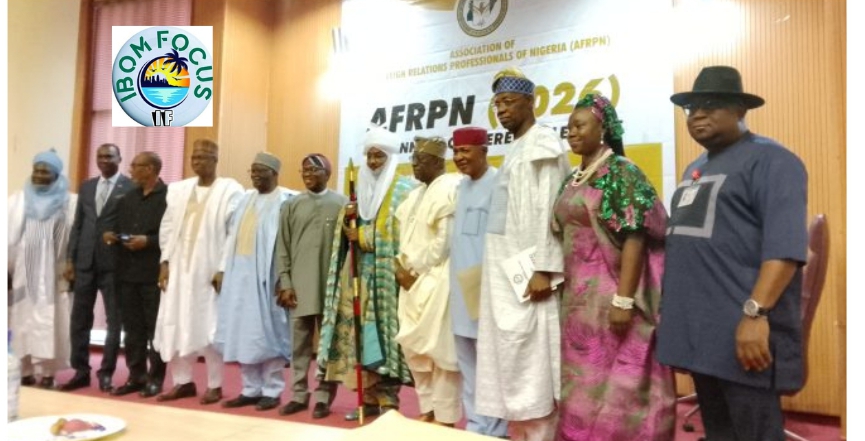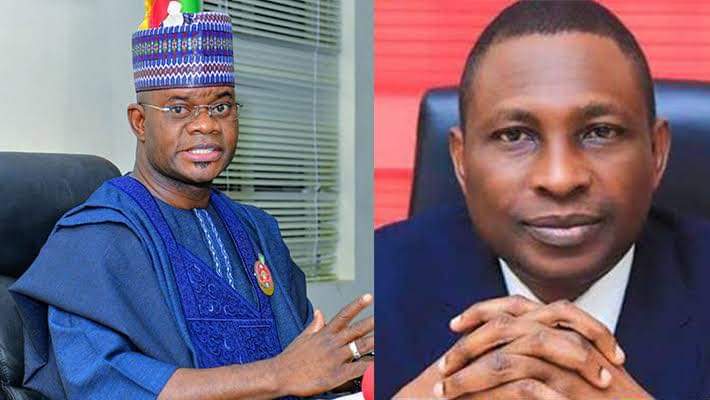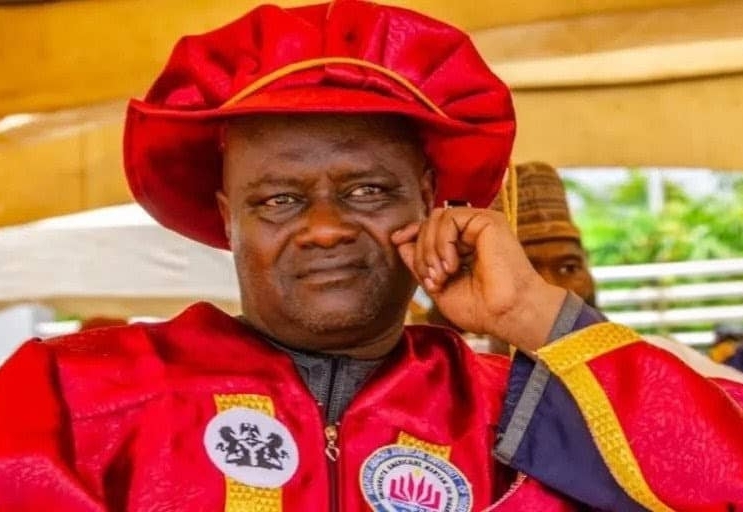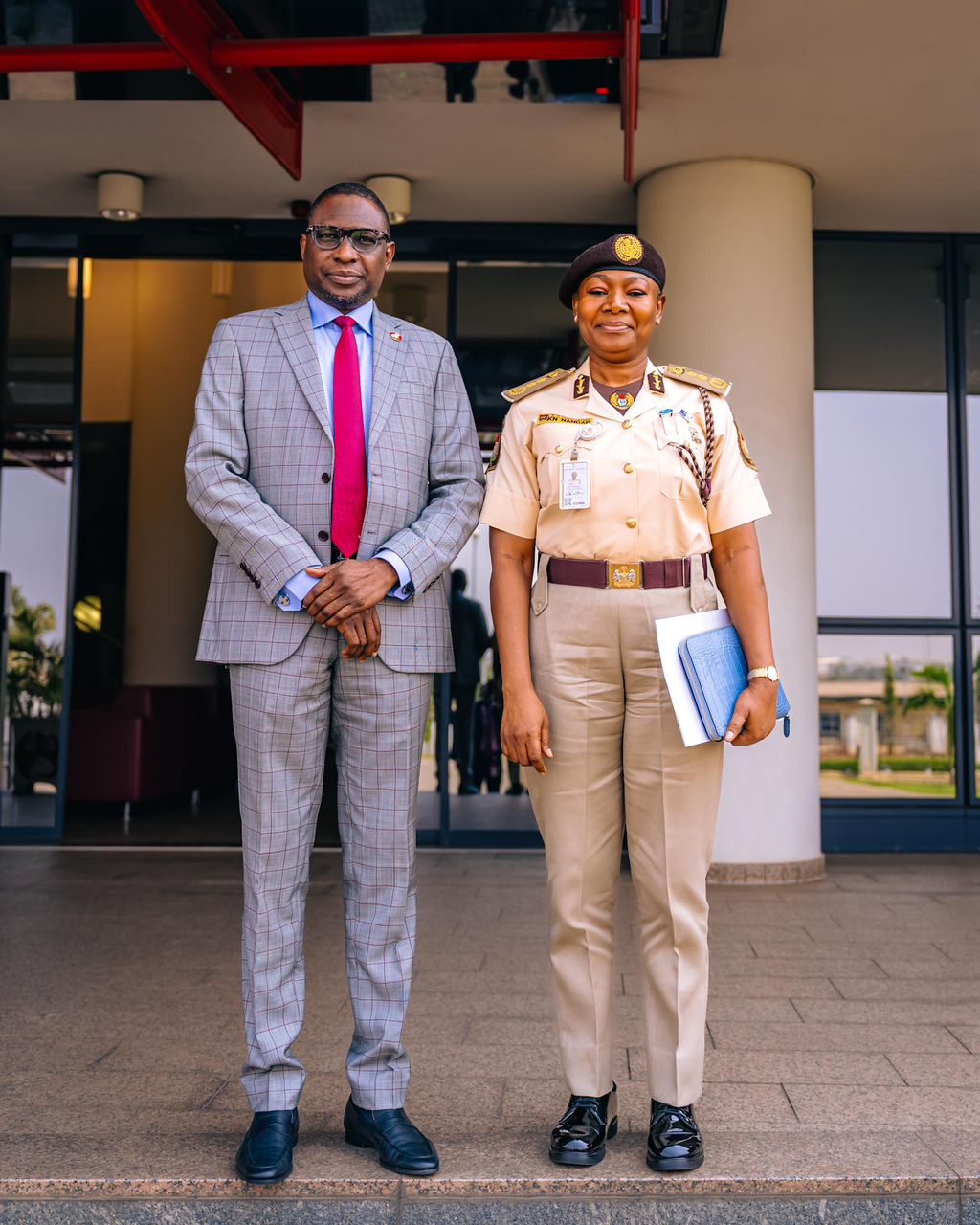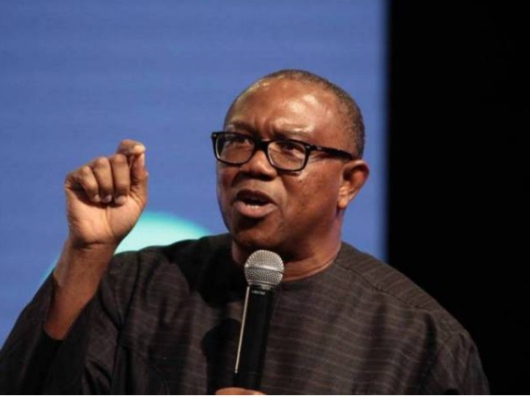
Tribunal Reserves Ruling On 12 Questions Raised By Labour Party
The Presidential Election Petitions Court has reserved ruling on 12 interrogatories by Peter Obi and the Labour Party (LP) to technology experts used in the February 25 presidential election.
The five-member panel of justices led by Justice Haruna Tsammani on Thursday informed the parties of their intention to decide on the arguments over the questions.
Counsel to the Independent National Electoral Commission (INEC), Kemi Pinheiro (SAN), had objected to the questions which were raised in May, arguing that having not been followed up at the pre-hearing session, they are deemed abandoned.
Counsel to President Bola Tinubu and Kashim Shettima, Akin Olujinmi (SAN), and the APC, Lateef Fegbemi (SAN), objected to the questions.
Among the 12 questions to INEC ICT experts by Obi and LP are: “Who created/deployed the four (4) Applications Patches/Update to fix the HTTP 500 error that prevented the e-transmission of the results of the presidential election on 25th February 2023?
“If the presidential election was conducted concurrently with the National Assembly elections on the same day and at the same time, using the same technological devices, why were there glitches only with respect to the presidential election?”
How I analysed results of Feb 25 election – Software engr
A software engineer, Anthony Chinwo, has testified how he arrived at his opinion on the result of the February 25 presidential election.
Chinwo, who was testifying yesterday as a Labour Party witness before the Presidential Election Petitions Court, said he applied his expertise on investigation of public websites to analyse the result of the election.
He averred that, “I am aware that the IReV is a website with its web address as: https://cvy.inecnigeria.org. The IReV portal is part of the technological architecture, developed/deployed by INEC for the storage, management, display, and uploading of polling unit results to be accessed by the public in the 2023 general elections, including the presidential election that was held on the 25th February, 2023.
“I am aware that data imputed/stored and/or transmitted from a front end server whilst operating online/offline were also transmitted and stored in the back end server whether physical or virtual.”
Under cross examination by counsel to Tinubu, Yusuf Ali (SAN), he agreed that INEC could choose how it would collate results, provided it was in line with the Electoral Act, 2022, the Regulations and the Guidelines to the Conduct of Elections 2022.
Presidential results failed to upload like Senate, House of Reps – PDP witnesses
A subpoenaed witness of the Peoples Democratic Party (PDP) at the Presidential Election Petitions Court, Friday Egwumah, who served in Abia State as a member of INEC ad hoc staff, has testified that during the February 25 elections, the BVAS upload of results from Senate and House of Representatives was seamless while the presidential results failed to upload.
Also, Grace Timothy, who served in Plateau State, testified that she used BVAS for the accreditation of voters and everything was smooth until it came to transmission of results in the form EC8A.
Earlier, lawyers to INEC, Tinubu and APC had objected to the testimony of the subpoenaed ad hoc staff on the grounds that their witness statements were not uploaded like others.
But PDP counsel, Chris Uche (SAN), said under Paragraph 54 of the First Schedule to the Electoral Act, 2022, the testimony of the subpoenaed witness does not fall under additional witnesses but a compelled witness of the court.
Hearing continues on Friday.
